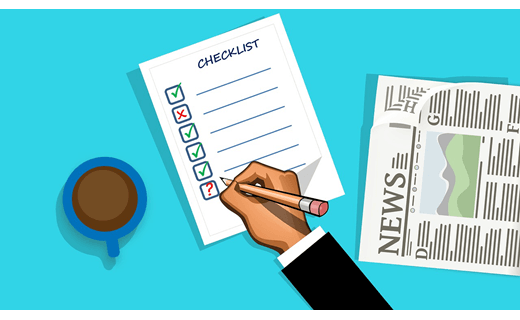Whenever you embark on a job or career change, you hope to be able to use at least some, if not all, of your current skills. Talents and abilities you can take from job to job, or use in multiple careers, are called transferable skills. Use the transferable skills list that follows to help you discover yours. It is categorized into six broad areas: basic, people, management, clerical, research and planning, and technical skills.
It does not include the hard skills that allow you to perform your particular job, although they could be transferable between occupations.
Go through this list and copy the skills you have to your own list. You may have acquired them through jobs, education, apprenticeships, internships, formal and informal training, hobbies and volunteer experiences. Then add skills that aren't included here, including your hard skills, to your personal list. Having everything written down in one place will allow you to assess your marketability to potential employers as well as determine if there are any gaps you must address with additional training.
It will also provide a good starting point when you begin to write your resume.
Basic Skills:
- Use listening skills to understand oral instructions
- Learn new procedures
- Understand and carry out written instructions
- Orally convey information to others
- Observe and assess your own and others' performances
- Communicate in writing
- Use mathematical processes to solve problems
- Speak in public
- Demonstrate professionalism
People Skills:
- Provide constructive criticism
- Receive feedback
- Coordinate actions with those of other people
- Negotiate, persuade and influence
- Motivate others
- Handle complaints
- Train or teach new skills
- Delegate work to others
- Oversee others' work
- Perform outreach
- Counsel people
- Build strong customer relationships
- Collaborate with other people
- Mentor younger colleagues
- Resolve conflicts
- Develop relationships with suppliers
- Comfortable dealing with all people
- Gain confidence of clients or customers
Management Skills:
- Oversee budgets
- Recruit personnel
- Review resumes
- Interview job candidates
- Select new hires
- Supervise employees
- Allocate equipment, materials, and facilities
- Schedule personnel
- Preside over meetings
- Negotiate contracts
- Evaluate personnel
- Organize committees
Clerical Skills:
- General clerical and administrative support
- Design forms, correspondence and reports
- Manage records
- Take minutes at meetings
- Use word processing software
- Use database management software
- Use spreadsheet software
- Use desktop publishing software
- Use presentation software
- Perform data entry
- Keep track of accounts receivable, accounts payable, billing, etc. (bookkeeping)
- Screen telephone calls
- Greet visitors
Research and Planning Skills:
- Identify and present problems to upper management
- Anticipate and prevent problems
- Use critical thinking skills to evaluate possible solutions to problems
- Solve problems
- Deal with obstacles and crises
- Define needs
- Set goals
- Prioritize tasks
- Locate and reach out to suppliers or sub-contractors
- Analyze information and forecast results
- Manage your time and meet deadlines
- Plan and implement events and activities
- Develop and implement new policies and procedures
- Develop a budget
- Coordinate and develop programs
- Document procedures and results
- Produce reports
- Conduct research using the Web and library resources
- Generate ideas
- Develop and carry out ideas
Computer and Technical Skills:
- Use computer software related to job
- Use equipment related to job
- Install software on computers
- Use the Internet, including email and search engines
- Use equipment such as printers and fax machines
- Troubleshoot problems with hardware, software and other equipment
- Install equipment
- Repair equipment
- Maintain equipment
- Inspect equipment
Additional Skills:
- Fluency or working knowledge of a foreign language
- Fluency or working knowledge of sign language
- Fundraise
- Write grants
- Design websites
